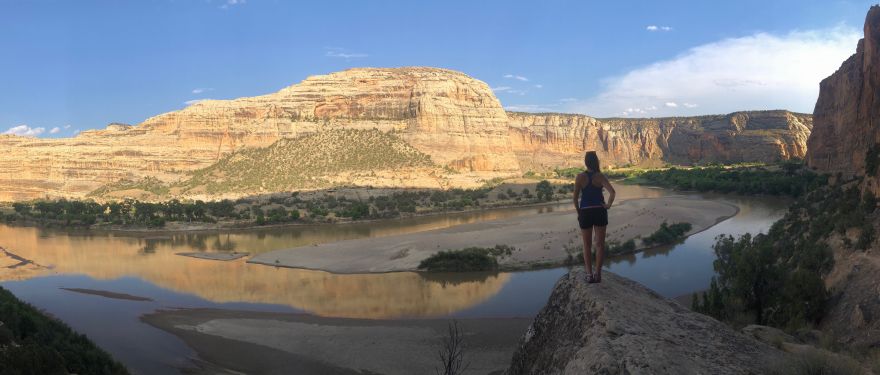My internship with the National Park Service has given me a unique perspective on park operations. In my view, each park unit (there are 417 in the U.S.!) runs like a mini-business, with a twist.
Generally, each park has the following divisions: Resource Management, Facilities & Maintenance, Visitor and Resource Protection (i.e. Law Enforcement), Interpretation (i.e. Visitor Services) and Administration.
The inter-working of these divisions is not distinct from how business functions might interface within a corporation. For example, in a technology company, the Product and Marketing teams must collaborate to ensure they are creating a product that can be marketed and sold. The park divisions, similarly, have discrete and overlapping responsibilities. For example, while Law Enforcement and Interpretive Rangers have unique core skillsets, the groups must conjoin to ensure visitors are taken care of and acting responsibly.
The “twist” is that the mission of the National Park Service is not profit driven. The mission is to “preserve unimpaired the natural and cultural resources and values of the national park system for the enjoyment, education, and inspiration of this and future generations.” You will notice that “unimpaired” and “enjoyment” could easily come into conflict. For example, building roads or bathrooms could help facilitate recreation but could impair the park’s natural resources. In such example, Resource Management and Facilities & Maintenance divisions must make collaborative tradeoffs to ensure that the “enjoyment” and the “unimpaired” elements of the mission statement are met.
Thus, parks are not dissimilar from businesses in that day-to-day operations can present tough tradeoffs and that their organizational structure is critical to ensure that these tradeoffs are made in a way that uphold a shared mission. That said, the National Park Service, given the contents of its mission, has to also consider a multi-generational time scale. This unique attribute requires management teams to think about the “forever impact” of their decisions.
This new take on operational leadership is the exact type of perspective I hoped to gain through my summer internship. Exposing me to these and other insights, the National Park Service has been an incredible place to strengthen my business education!





.png&w=80&h=80)

